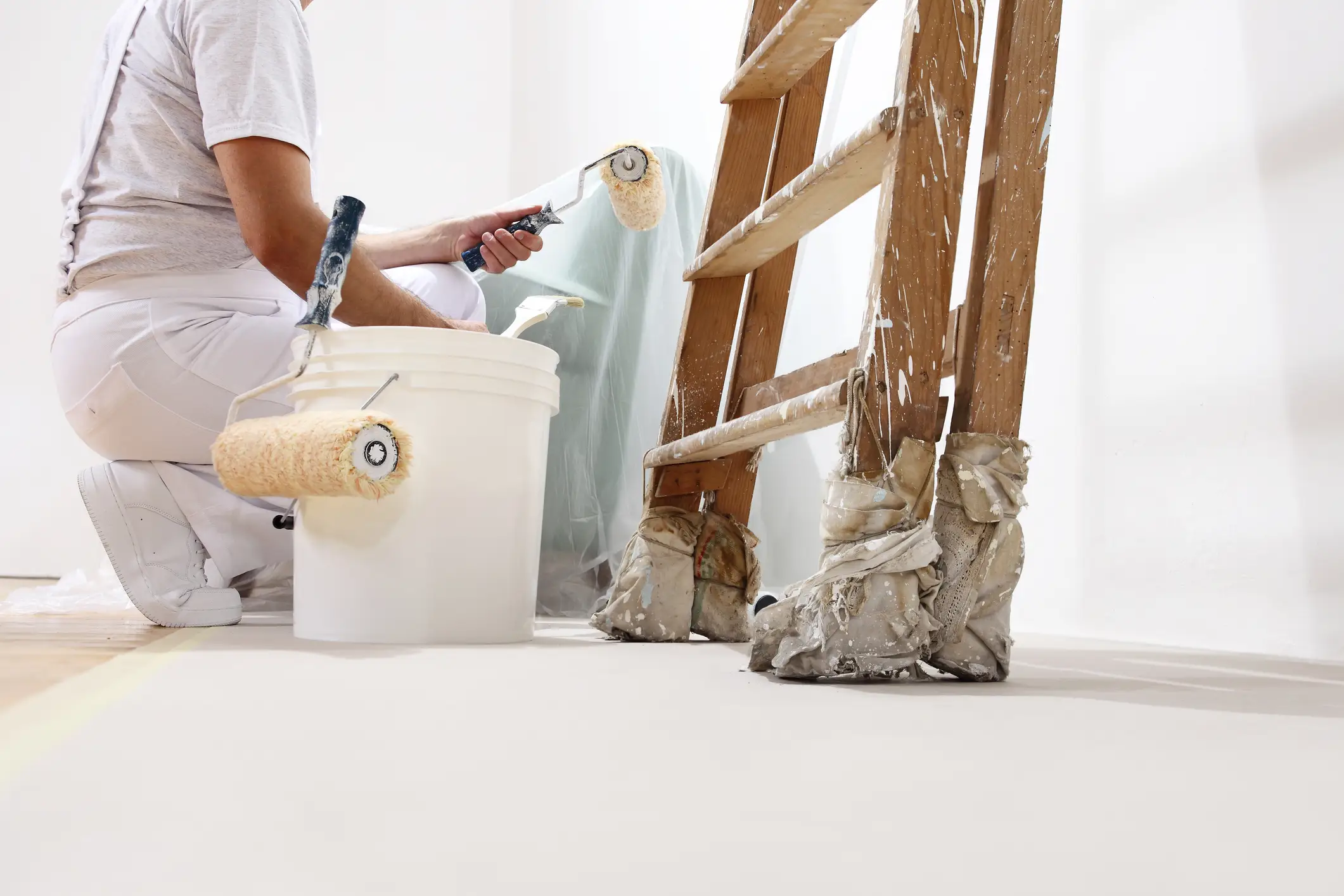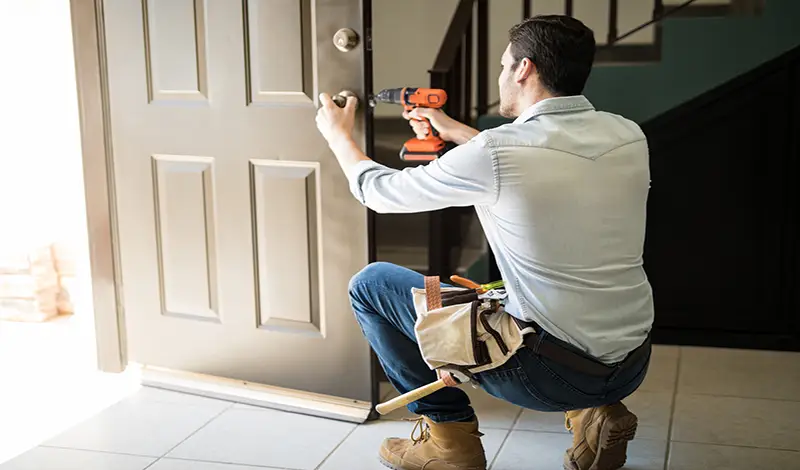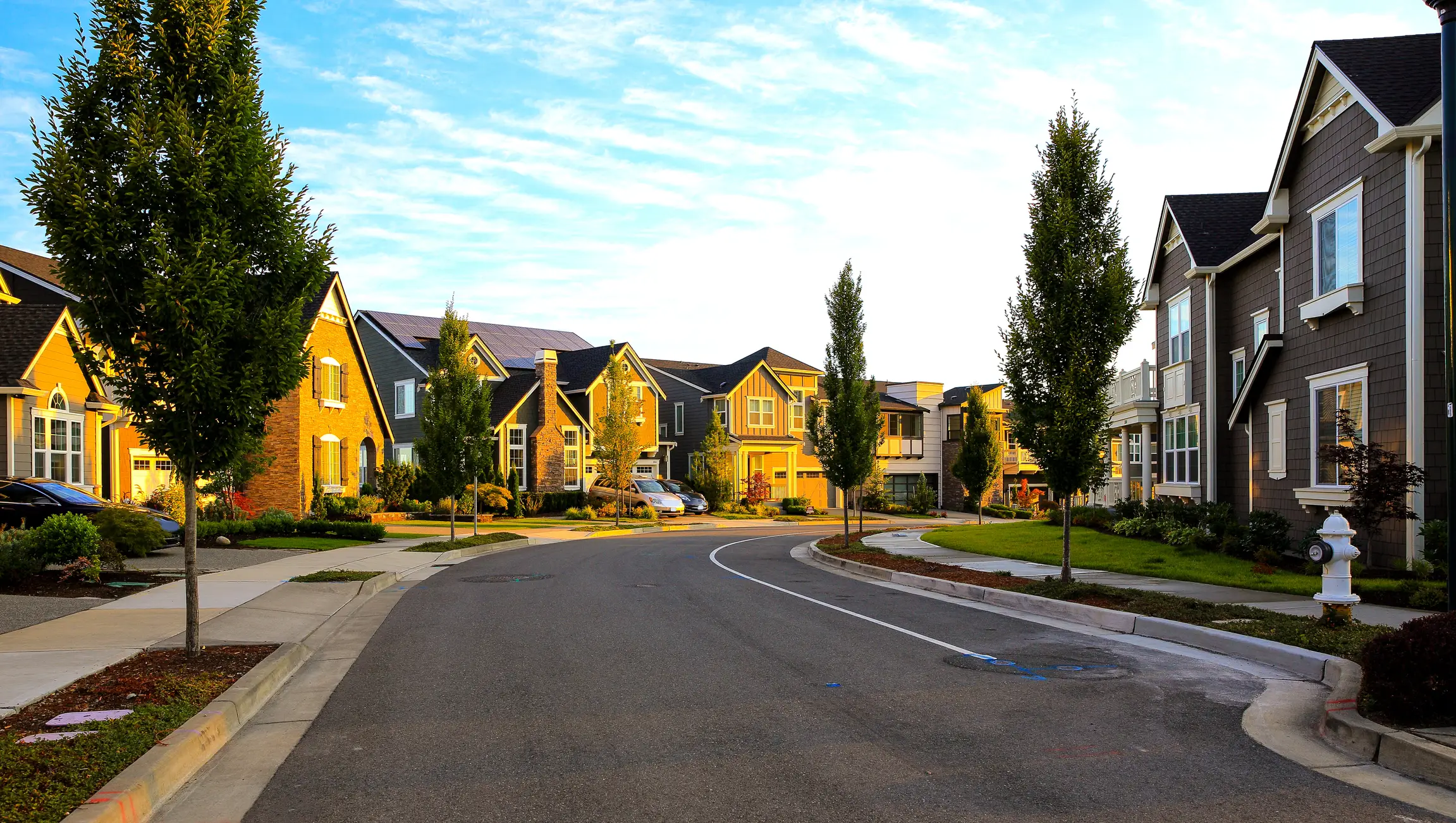Reasons to Buy a Fixer-Upper
Published on May 6, 2024 | 4 Minute read

Melanie
Ortiz Reyes
Content Specialist
Are you ready to roll up your sleeves, grab a toolbox, and transform a diamond in the rough into your dream home? Buying a fixer-upper can be an exhilarating adventure, offering a unique blend of challenges and rewards. Here are some reasons why you should consider buying a fixer-upper:
1. Affordability
One of the primary reasons people consider buying a fixer-upper is affordability. These properties typically come with lower price tags compared to fully renovated homes in the same area. The initial cost savings can allow you to allocate more of your budget toward renovations and upgrades, ultimately creating a home tailored to your tastes and needs without breaking the bank.
Moreover, buying a fixer-upper in a desirable neighborhood can be a strategic financial move. As you invest in renovations and improve the property's value, you stand to gain equity over time, potentially yielding substantial returns if you decide to sell in the future.

2. Customization
When you purchase a fixer-upper, you gain unparalleled freedom to customize your living space according to your preferences. From minor cosmetic changes like paint colors and flooring materials to major structural alterations such as knocking down walls or adding rooms, the possibilities are virtually endless.
Imagine designing your dream kitchen with state-of-the-art appliances, creating a cozy home office tucked away in a previously unused space, or transforming a dated bathroom into a spa-like retreat. With a fixer-upper, you're not limited by someone else's design choices—you're the architect of your home's transformation.
3. Value Appreciation
While buying a fixer-upper requires upfront investment and hard work, the potential for value appreciation makes it a rewarding endeavor. Strategic renovations and improvements can significantly increase your property's market value, often exceeding the total cost of renovations. This appreciation in value can provide a substantial return on investment, especially in competitive real estate markets.
Consider focusing on upgrades that offer the best return on investment (ROI), such as kitchen remodels, bathroom renovations, energy-efficient upgrades, and enhancing curb appeal. Consult with real estate professionals or contractors to identify renovation projects that align with market trends and potential buyer preferences.

4. Learning and Skill Building
Taking on a fixer-upper is not just about creating a beautiful home—it's also a valuable learning experience. You'll have the opportunity to develop essential DIY skills and gain firsthand knowledge of home maintenance and repairs. From basic tasks like painting and landscaping to more complex projects such as electrical work and plumbing repairs, each project contributes to your skillset and confidence as a homeowner.
Consider enrolling in workshops or online tutorials to learn specific skills required for your renovation projects. Building a network of experienced professionals, such as contractors, plumbers, and electricians, can also provide guidance and support throughout your renovation journey.
5. Historic Charm
Many fixer-uppers boast unique architectural features and historic charm that set them apart from newer homes. Exposed brick walls, original hardwood floors, intricate moldings, and vintage fixtures add character and personality to your living space, creating a sense of nostalgia and timelessness.
When renovating a historic or older home, embrace and preserve these distinctive features while incorporating modern amenities and design elements. Striking a balance between preserving historical integrity and enhancing functionality can result in a home that blends the best of both worlds—old-world charm with contemporary comforts.

6. Location Opportunities
Fixer-uppers are often found in desirable neighborhoods or emerging areas where fully renovated homes may be priced beyond reach. Purchasing a property in such locations presents an opportunity to capitalize on neighborhood improvements, rising property values, and increased demand over time.
Before committing to a fixer-upper in a specific location, research local market trends, infrastructure developments, school districts, and amenities. Consider consulting with real estate agents familiar with the area to gain insights into the neighborhood's potential growth and investment prospects.
7. Sense of Accomplishment
Perhaps the most fulfilling aspect of buying a fixer-upper is the sense of accomplishment that comes with transforming a neglected property into a beautiful, functional home. Each renovation milestone, from demolition and construction to finishing touches, represents your creativity, determination, and hard work paying off.
Celebrate achievements along the way, whether it's successfully completing a DIY project, achieving a major renovation milestone, or seeing your vision come to life in a newly renovated space. You can involve friends and family in the process, share progress updates on social media, or document your journey through photos and videos to capture memories and inspire others.
Buying a fixer-upper requires careful planning, budgeting, and effort, but for many adventurous homebuyers, the rewards far outweigh the challenges.